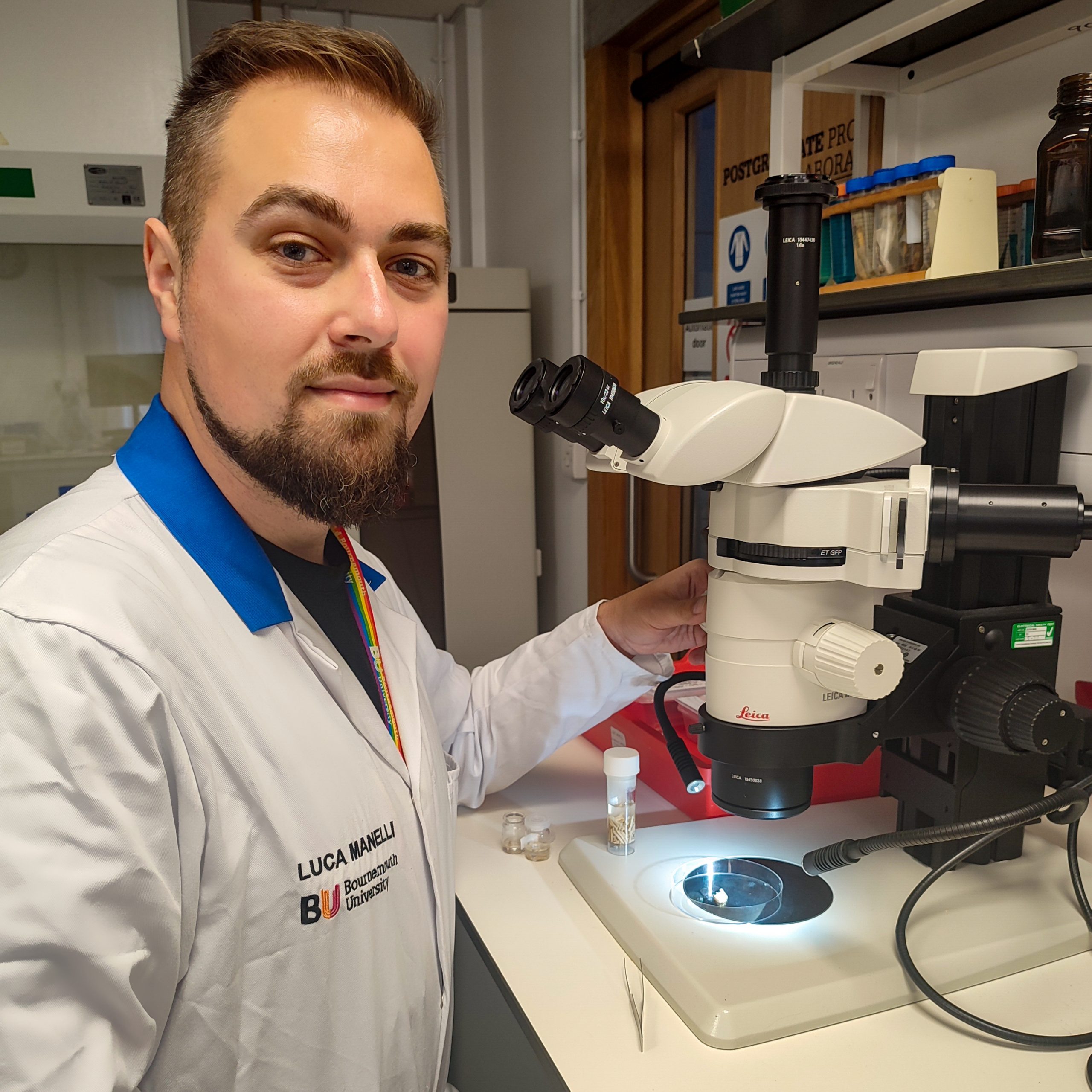EAFE
Board
I am working as a forensic entomologist since 25 years at the Institute of Legal Medicine / University of Frankfurt am Main/Germany. My research approach is very applied, as we try to design our studies on a case-by-case basis. The results should help to improve our expert reports. I enjoy the huge variety of methods and disciplines: ecology, physiology, toxicology, molecular biology, etc. Each of these disciplines can provide important insights into forensic entomology. This diversity is also the great attraction of forensic entomology from a scientific point of view. I enjoy trying out new ideas and working with colleagues from many different disciplines and I try to pass on this enthusiasm to young scientists.
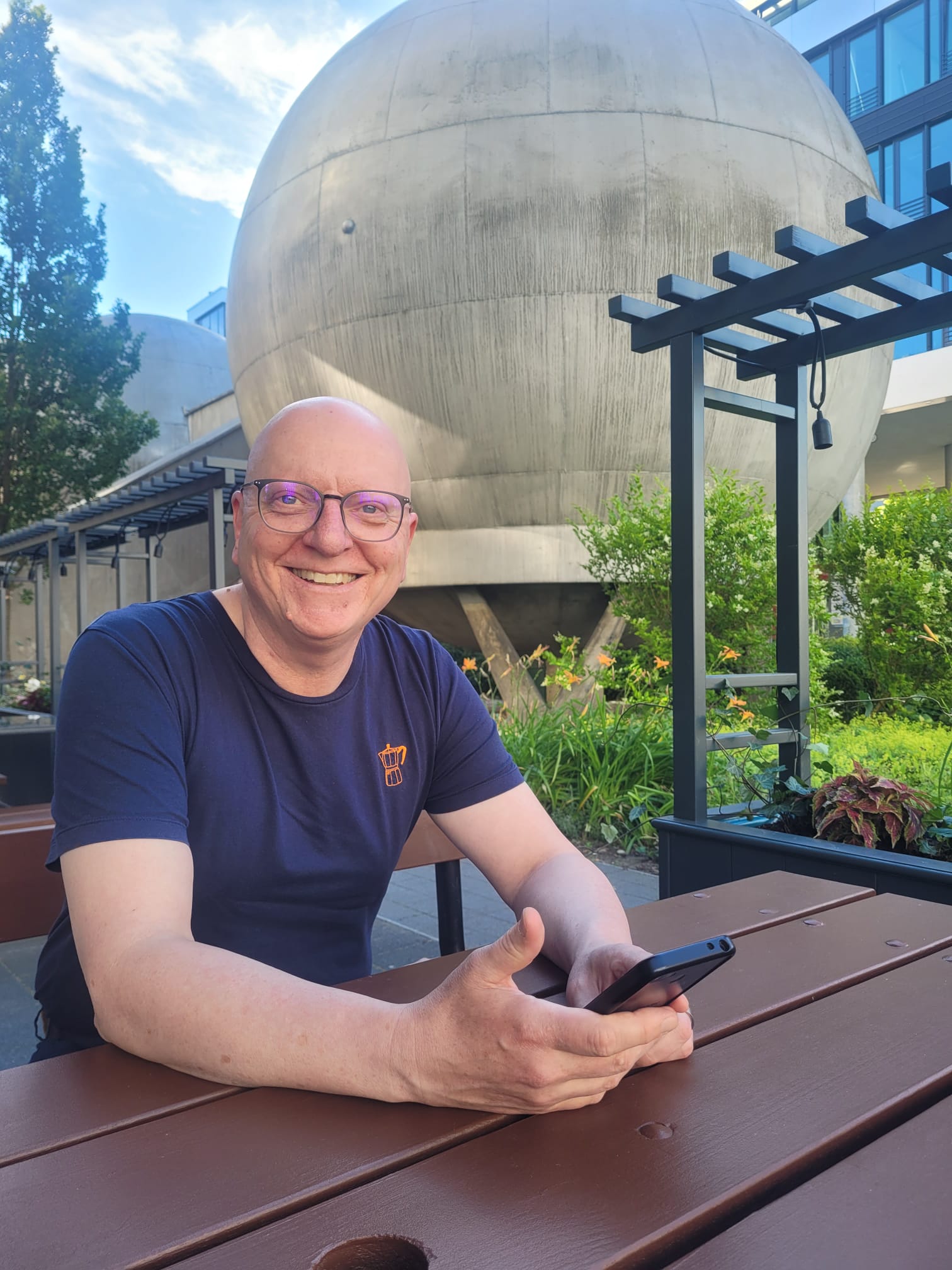
I am a post-doc at the Institute of Legal Medicine Frankfurt in the working group of Prof. Dr. Jens Amendt and have been scientifically involved in forensic entomology since 2014. After stops in forensic laboratories in Canada and Poland and a master’s degree in Bayreuth, I have been working in this working group since 2018. During My PhD, which I successfully completed in 2022, I focused primarily on improving crime-scene temperature reconstruction, modeling the flight and oviposition activity of necrophagous flies and improving the connection between basic forensic research and daily case work and these topics are still my research focus.
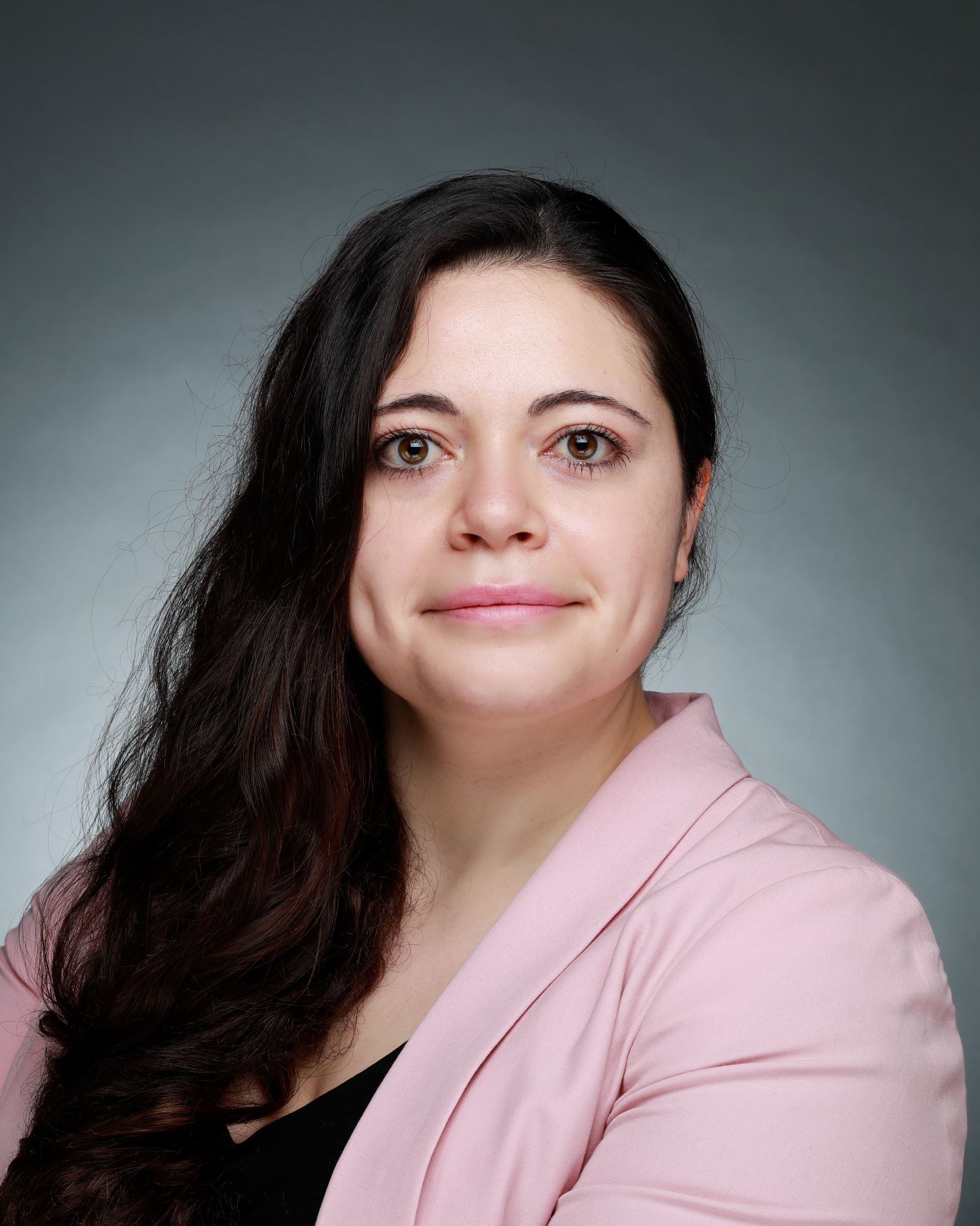
Hannah Moore, Ph.D.
Member of the EAFE Board
I am a senior lecturer in forensic entomology at Cranfield University. My research interests lie heavily within the field of forensic entomology, specialising in cuticular hydrocarbons of forensically important insect species. The extracted hydrocarbons are analysed using gas chromatography-mass spectrometry (GC-MS) and the data from the chromatogram can then be subjected to statistical analysis in the form of Principal Component Analysis (PCA) or Artificial Neural Networks (ANN). The chemical profiles of the insects allow for identification (as all insects have a ‘fingerprint’, species-specific hydrocarbon profile) as well as the age, enabling minimum post-mortem interval (PMImin) to be calculated.
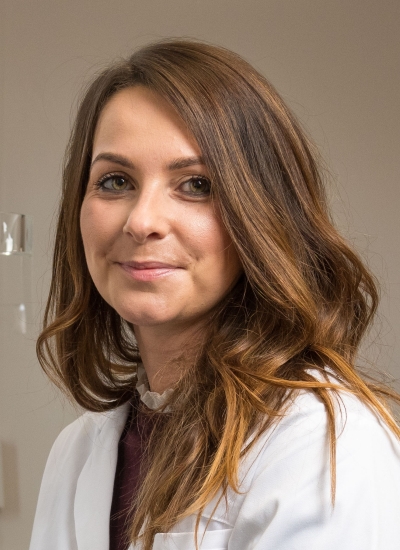
I am a PhD student studying Forensic Acarology at the University of Reading. My project focuses on the use of mites as evidence in cases of concealment following homicide. I am researching the effects of concealment types such as wrapping, body enclosure (i.e. in containers), water submersion on the development of mite colonies, and how the mite colonies can be used to predict a PMI in these cases. I am also researching phoresy, and analysing the phoretic mites on insects which are unable to access a concealed carcass. My experimental work is ongoing, and I am performing experiments in the UK, and Argentina, giving me a comparison between the Northern and Southern hemisphere. I am relatively new to the world of Acarology, however, I have studied Forensic Science since 2016, when I started my undergraduate degree at the University of Winchester. I then went on to study a MSc at the University of Bournemouth in Forensic Archaeology. Here, I researched the use of tattoos as an identification method following disasters and investigated how tattoos survive post-mortem in various conditions.
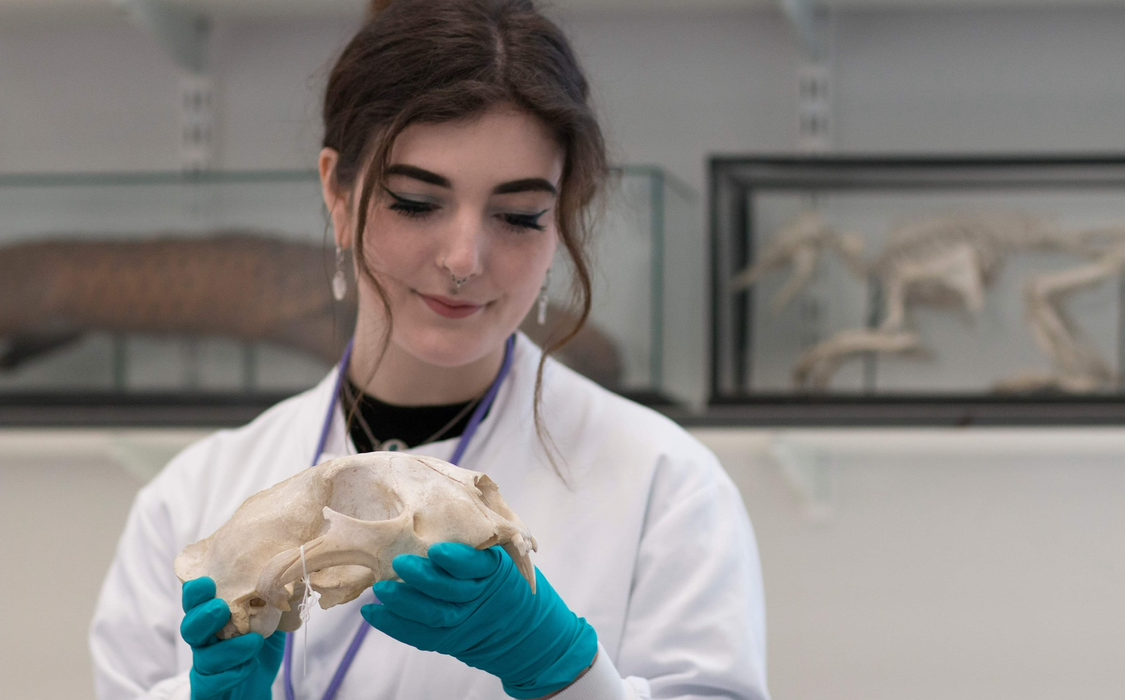
My journey into forensic entomology has been both exciting and surprising, certainly not as I expected.
Having completed my degree in chemistry with an emphasis on analytical chemistry, I did my PhD in chemical ecology, my first step towards forensic entomology, you might say. In chemical ecology a researcher is establishing the chemical language in insects, using a range of analytical instruments, such as GC-MS and LC-MS. It was during this time and my time being a post-doc at Cornell university (USA) and Keele University (UK), that I took an interest in hydrocarbons; compounds located on the surface of the insects I was using in my research. These were still primarily social insects (bees, ants etc), not yet a fly in sight!
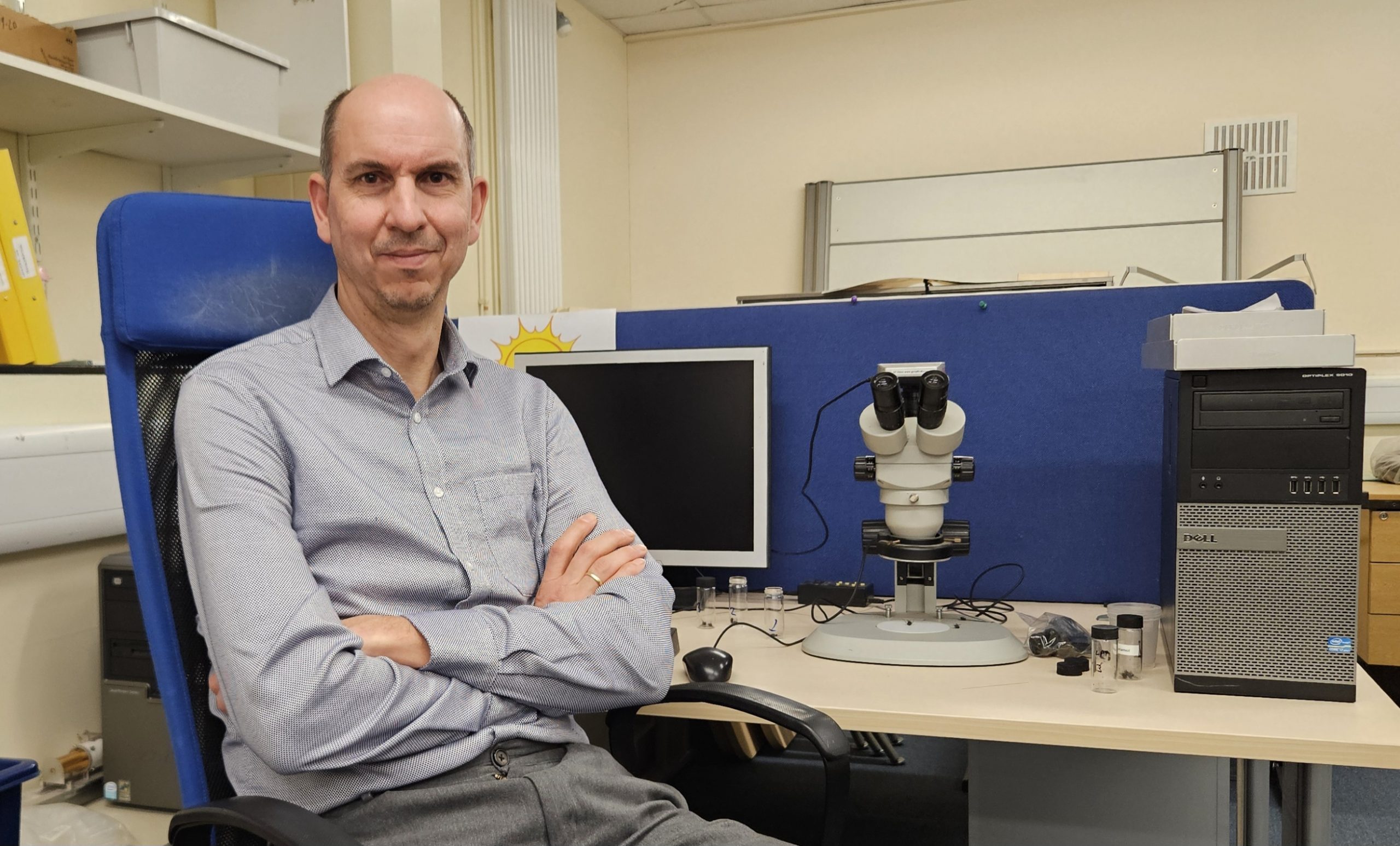
I am a professor of insect ecology at Université de Moncton, in Canada. I was elected as an Associate Member of the EAFE Board in 2023. Specialising in forensic ecology and mathematical modeling, my research aims to model the ecological succession of insects on cadavers and to test fundamental theoretical concepts in forensic entomology that are often erroneously admitted without evidence to improve our understanding of decomposition and the assembly rules of ecological communities on necromass.
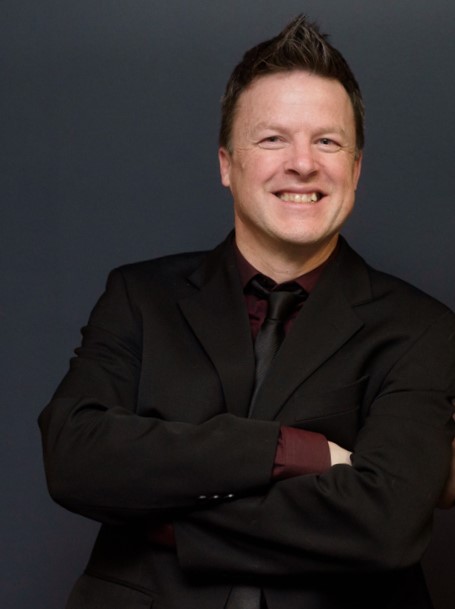
I am a Lecturer in Forensic Biology at Bournemouth University, United Kingdom. My journey in the world of Forensic Entomology started in 2013 when I was still an undergraduate student back in Italy at the University of Modena and Reggio Emilia. My first project focused on the impact of freshwater invertebrates on body decomposition, and I presented my results at EAFE for the first time in 2014. At the end of my postgraduate studies, I moved to Winchester in England, where I was awarded a PhD scholarship for a project investigating the impact of fire and accelerants on the development of larvae feeding on burnt bodies. After being awarded my doctorate, I started working as a Lecturer at Bournemouth University in the gorgeous south coast of England. Here I have been researching the detection of accelerant residues from blowfly larvae, alongside my work as an expert witness for homicide cases in Italy.
